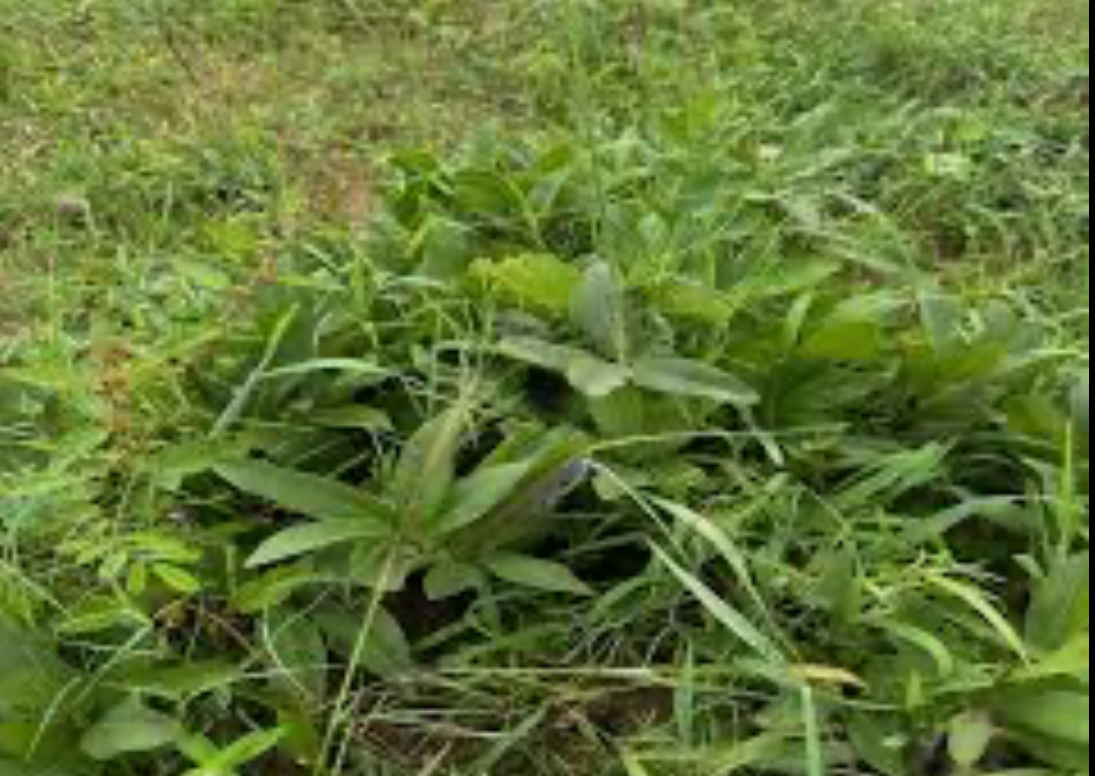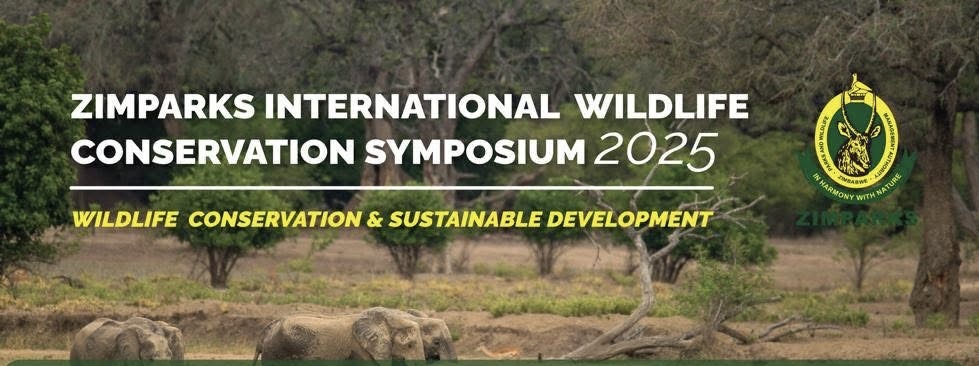BY CRECEY KUYEDZWA
Old Mutual Zimbabwe – a subsidiary of Old Mutual – has poured US$12.4 million into solar projects around that southern African country, which will generate a combined 25 MW upon completion.
Among other projects, OMZim has invested in a 5.4 MW solar farm at Cross Mabale in Dete, Matabeleland North province.
The Zimbabwe economy has been struggling with high levels of inflation which remained above 56% at the last count in July 2021.
The country is currently not energy sufficient and imports at least 300 MW from Eskom South Africa, while other imports are coming from Mozambique’s Cahora Bassa.
OMZim says its investment activities are now focused on activities that will “help the economy recover and grow as well as helping our clients preserve value for their investments”.
In the Old Mutual Anchors Magazine (11th issue, 2021), OMZim said it will continue to recognise and support sectors such as sustainable energy, agriculture, and other green climate projects.
While OMZim’s portfolio has been anchored on insurance and investment in the major cities, it explained that the group’s new strategy is to “diversify away from city buildings and venture into private infrastructure and equity investments, specifically in the energy sector”.
“We have invested US$12.4 billion into solar projects around Zimbabwe that will generate a combined 25 MW upon completion and also contribute in feeding electricity into the national grid,” it said.
The Cross Mabale investment, which is a joint venture between Old Mutual Investment Group and Solgas Energy, was expected to go live on at the end of last month.
“The farm has been under construction since 2019, with Old Mutual investing US$7.3 million on the project, which is made of 16 000 solar panels,” OMZim said.
Another solar project OMZim is invested in is Harava Solar, which is building a 20 MW solar farm in Seke just outside of Harare.
The initial phase of 6 MW is done and the company plans to complete the project by November this year.
The plant will provide power to 45 000 households, according to officials.
OMZim has also funded the installation of solar-powered irrigation equipment to assist water reticulation and small-scale agriculture at 26 schools.
According to CEO Samuel Matsekete, OMZim’s investments in alternative assets continue to track well.
“We closed ahead of the targets that we set at the beginning of the year,” Matsekete told the company’s AGM last week.
The CEO also stated that they sustained investments in infrastructure, projects such as those in green energy or investments in the real estate sector.
“While some of these projects were derailed by Covid-19-induced lockdowns, a few were completed during the period under review. We continued to deploy capital in new projects and in initiatives aimed at making the business more effective and efficient in serving our customers.”
The investments in solar by Old Mutual come as more and more Zimbabwean companies are turning to solar energy for power supplies.
Zimplats, the Zimbabwean unit of Impala Platinum (Implats), plans to build two solar power plants with generation capacity of 185 MW to power its operations. – Fin24


 Slider3 years ago
Slider3 years ago
 National4 years ago
National4 years ago
 Tourism and Environment4 years ago
Tourism and Environment4 years ago
 Special reports4 years ago
Special reports4 years ago
 Opinion4 years ago
Opinion4 years ago
 National4 years ago
National4 years ago
 National3 years ago
National3 years ago
 National3 years ago
National3 years ago


